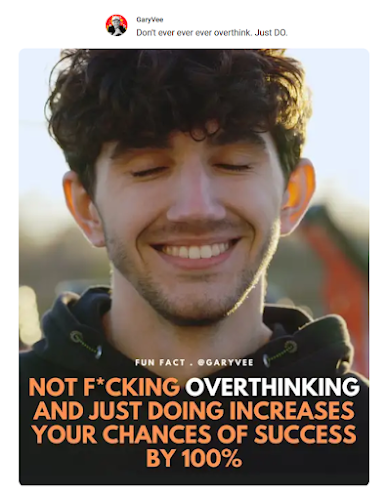Last time we covered my belief that there will never be a business prodigy. And if you read that post, you know I believe the claim is a fact. Today, I want to dig a little deeper.
Ever since it was created and popularized, many people have heard of Malcolm Gladwell’s so-called 10,000 hour rule. The 10,000 hour rule says, in any field it takes 10,000 hours of “deliberate” practice to achieve an expert level of performance. If you aren’t aware, the majority of the research which led to Gladwell’s 10,000 hour rule was done by the late Florida State professor Anders Ericsson.
First, allow me to point out two small but important clarifications. For those of you aware enough to know it isn’t a rule, you are correct. It isn’t a rule, it is an average. And second, in his research Ericsson found expert performance required approximately 10 years and 10,000 hours of deliberate practice. So, while Gladwell spoke mostly about the hours, Ericsson spoke mostly about the years. At any rate, neither of those two clarifications get to the most critical things to know about expert performance.
By the way, if you recall from last time we have defined a prodigy as a young master. And to integrate our verbiage with Ercisson’s, a master can be considered synonymous with an expert. As stated, Ericsson found expert performance required approximately 10 years and 10,000 hours of deliberate practice. And a key thing to know is, Ericsson made a clear distinction between what he called “deliberate” practice and “purposeful” practice.
Before we understand deliberate versus purposeful practice, we should know what the practice of experts is not. Expert practice isn’t simply repetition. For example, many people go to the driving range to hit a bucket of golf balls, and often they call it practice, but it wouldn’t qualify as Ericssonian practice.
To qualify as the practice that builds masters and experts, first the task must be differentiated into its constituent parts. Not for a moment would I call myself a golf coach, but let us stay with the golfing example. Although it isn’t the only element, clearly a key element of golfing performance is your swing.
Again I am a novice golfer at best, but it isn’t controversial to say a golf swing consists of things like: stance, weight distribution, grip, back swing, weight shifting, point of contact, follow through, etc. If you break down your swing on your own, and diligently work on each part, you would essentially qualify for what Ericsson calls purposeful practice.
To illustrate purposeful practice, an example Ericsson often used is one of his research subjects named Steve Faloon. As part of his research, Ericsson would bring people into his “lab” to test how long of a number they can memorize. Ericsson found the average person could memorize a number containing a maximum of seven digits. Incidentally, it isn’t surprising telephone numbers have seven digits.
So, you could imagine Ericsson’s surprise when along came Faloon who could memorize up to 82 digits. A more than 10x improvement! Obviously, Ericsson asked Faloon how he did it. One of Falooon’s main techniques he called “chunking.” Instead of trying to memorize the number one digit at the time, Faloon chunked the digits into groups of four and associated those groups with common things in his existing memory. For example, if the number included the digits 1-2-5-1, you could simply remember the legendary song of the same name by the band The Strokes.
Listen, to me memorizing long numbers sounds utterly boring and useless. But, the reason I gave you the example is the following. The main difference between purposeful practice and deliberate practice is whether you are utilizing a proven, effective training system. Steve Faloon created the memorization system on his own, which means he was doing purposeful practice not deliberate practice. But when Faloon taught one of the research subjects his proven, effective system, that person was able to do deliberate practice. And, unsurprisingly, that person broke Faloon’s record of a number with 82 digits.
To switch back and finish the golf example, most golfers might be called weekend warriors who are stitching together their own practicing system. For a golfer to qualify as doing deliberate practice, s/he would need a golf pro to teach them a proven, effective training system. And when you are doing deliberate practice, it will take 10,000 hours to achieve an expert level of performance. It is the shortest path to mastery. Purposeful practice takes longer.
Another example Ericsson often used for deliberate practice is the famed Suzuki method for learning to play the piano. But one main thing to consider is the fact that, compared to business, golf and piano are relatively simple tasks. In fact, business is so complex there exists few if any proven, effective training systems. This is why I so often speak of Peter Drucker. Probably only Drucker’s system could take you from purposeful to deliberate practice. Or, perhaps you can hire Satya Nadella to coach you. But I doubt it. Better to ride with me and Drucker.
You shouldn’t be surprised to learn deliberate practice is a faster path to mastery than purposeful practice. Right? Because, while both are very difficult and taxing, with purposeful practice you also have to invent an effective training system. It is for these reasons I can confidently state there will never be a business prodigy. Even if I taught them a proven system, they would have to start practicing at age 8 to achieve mastery before adulthood. Do you know any 8 eight years trying to practice business skills?



